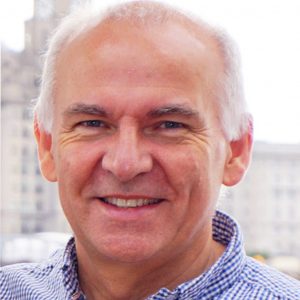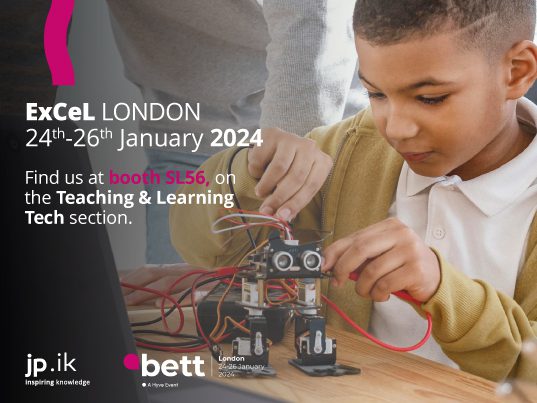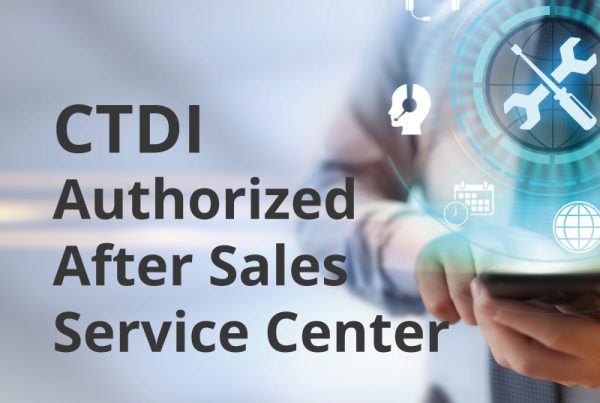Five years ago, the UN member states committed to providing quality education to every child by 2030.
As we enter a new decade, it is clear that we are not going to meet that target. In fact, we won’t even be close. According to the World Bank, if we continue at this rate, by 2030 around 43% of children in low- and middle-income countries will still be ‘learning-poor’[1] – unable to read and understand a simple text by age 10.
Clearly, business as usual is not working. We need new solutions to reach the most marginalised children – solutions that work for different contexts, cultures and languages. Solutions that work for children with different needs and abilities, who may be in or out of school. In the words of the World Bank, we need a learning revolution.
At onebillion, we believe that quality edtech will deliver this!
Edtech can address the issues that we, as a global community, have failed to address so far. It can reach children in remote areas. It can deliver personalised and adaptive learning to children who never get access to one-to-one support. In many contexts, schools are frequently closed, and teachers faced with classes of over 150 students. In these cases, edtech solutions provide consistent access to learning, at the child’s pace. Edtech is delivering scalability and value for money.
Edtech interventions are not always a success!
There are examples where the wrong solution has been scaled, and children have suffered the effects. Edtech will only work when there are good choices; when those making the choices are well informed; when it’s not too expensive or complex; and when it works for a child in the most chaotic of environments.
Ultimately, edtech only works when children are considered throughout the development and implementation process.
We created onebillion, a non-profit software publisher, specifically to address a global market failure in education. Our role is to put the child at the centre of the solution, ensuring their voice is heard and creating solutions that address the reality in which they live. When there’s no internet, it has to work without. When there’s no adult around, it has to work without.
We first developed our numeracy and literacy software for Malawi, where it is used by 150,000 children in government schools, rolled out with the support of the Ministry of Education, Science and Technology. This model has since been adopted around the world. onecourse is currently in Chichewa, Swahili and English, with more languages in the pipeline. We work closely with linguists and pedagogy experts to produce the course for each new language.
Multiple evaluations in Malawi, the UK and Canada prove that children using onecourse make significant learning gains in maths and literacy. Interestingly, girls learn at the same rate as boys, rebalancing a trend that leads to high female dropout rates in many developing countries.
While working through the school system has delivered results, our ultimate goal is to serve the most marginalised child, who may have no access to school.
onecourse is designed around the principle of autonomous learning – a digital teacher guides and encourages the child through 4000 learning units, taking them from zero to numerate and reading with confidence.
In 2019, onecourse was named joint winner of the $15M Global Learning XPRIZE following a 15-month field trial in Tanzania, where out-of-school children learnt on tablets coordinated by village ‘solar mamas’. No training was given to the children or their parents – and children learnt. Children using the tablets for an average of one hour a day achieved the equivalent of a year’s worth of full-time schooling.
The work pioneered by XPRIZE led us to further investigate community-based learning. Drawing on our years of experience in challenging contexts, we developed a customised tablet to provide the best possible access to onecourse. onetab is a low-cost Android tablet which boots straight into onecourse, and has been designed with the child in mind: it must be comfortable for little hands; durable in dusty, hot climates; have a long battery life; and be possible to charge with solar power so that children can learn, wherever they are. onetab runs a custom Android OS, developed by onebillion to be unbreakable and to maximise battery length.
It is critical that the whole solution is easy to access.
onetab identifies first-time tablet users and provides extra lessons on tablet usage and care. onecourse rapidly adapts to the child to provide a personalised daily learning session at their own level. And – with challenging contexts and value for money in mind – it’s designed to be shared by multiple children, prompting each child to hand it to another after they’ve finished their session.
onetab is already being scaled in Malawi and Uganda, with smaller projects running around the world. Its adaptive nature means that it can help to reach the world’s most marginalised children, living in the most challenging contexts.
Edtech must be part of the solution to the global learning crisis if we are to break the cycle of learning poverty by 2030, but it must always have the child at the centre.
[1] World Bank Group (2019). A Learning Revolution to Eradicate Learning Poverty

Andrew Ashe is the co-founder and CEO of onebillion, a non-profit that has developed onecourse – an app for children to learn to read, write and become numerate in their own language. Following a 15-month field trial with out-of-school children in Tanzania, onebillion was named joint winner of Elon Musk’s Global Learning XPRIZE. Since then, Andrew and the onebillion team have been developing a dedicated device, onetab, to bring onecourse to children all over the world, both in and out of school. Previously, Andrew was a maths teacher and co-founder of language learning company EuroTalk Ltd




